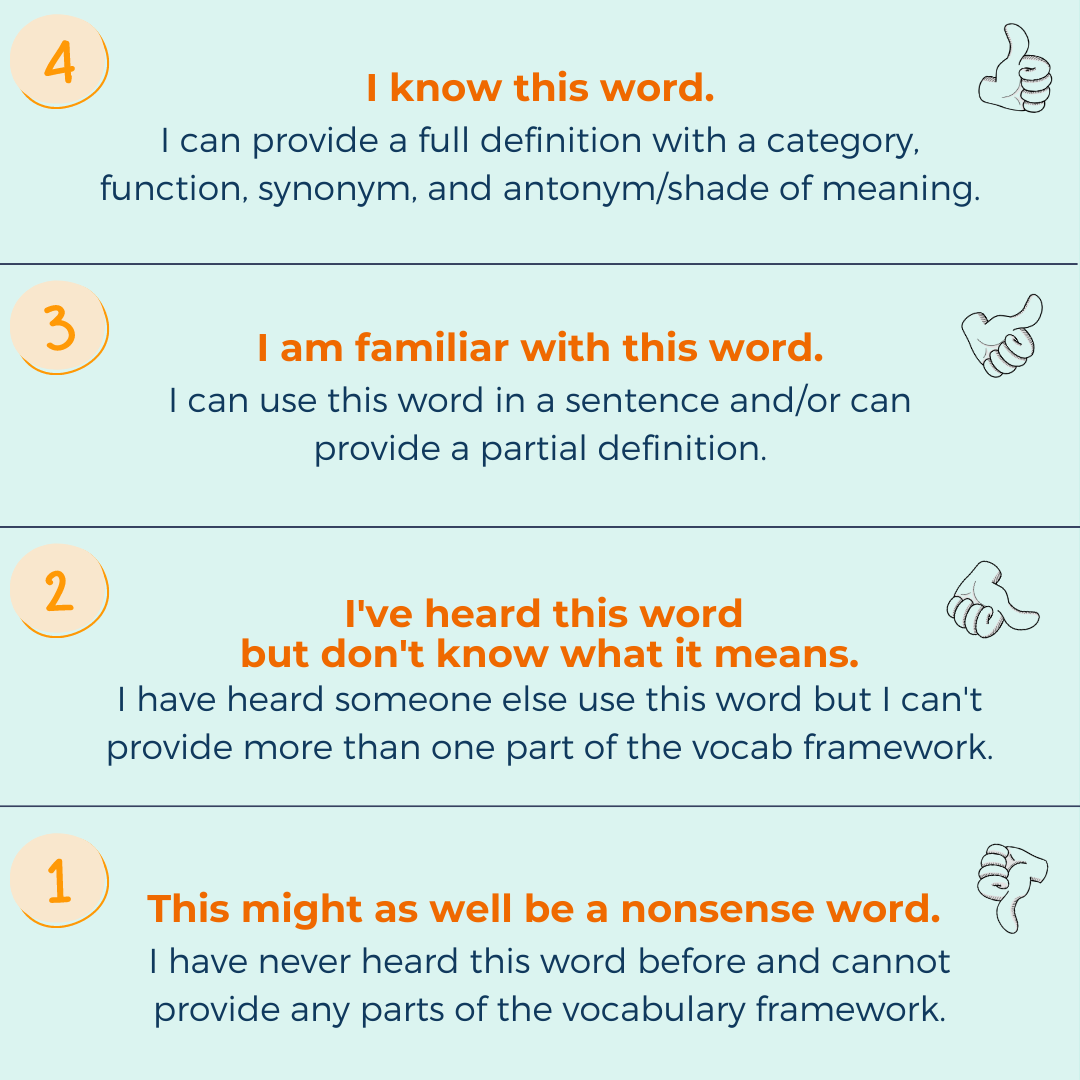In our daily communication, having a good vocabulary is essential to effectively convey our thoughts and ideas. Vocabulary refers to the words we use and understand in a particular language. It plays a crucial role in expressing ourselves clearly and articulately.
Expanding our vocabulary not only enhances our communication skills but also improves our cognitive abilities. The more words we know, the better we can express our thoughts and emotions. Therefore, it is important to continuously learn new words and their meanings to broaden our linguistic repertoire.
Vocabulary and Definition Examples
1. Resilient (adjective) – able to withstand or recover from difficult conditions
2. Serendipity (noun) – the occurrence of events by chance in a happy or beneficial way
3. Eloquent (adjective) – fluent or persuasive in speaking or writing
4. Pernicious (adjective) – having a harmful effect, especially in a gradual or subtle way
5. Pristine (adjective) – in its original condition; unspoiled
Having a diverse vocabulary allows us to choose the most appropriate words to convey our thoughts and feelings accurately. It also enables us to understand complex texts and communicate effectively in various contexts. By learning new words and their definitions, we can enrich our language skills and enhance our overall communication abilities.
Moreover, a strong vocabulary can boost our confidence and help us succeed in academic, professional, and social settings. People with a rich vocabulary are often perceived as knowledgeable and articulate, which can lead to better opportunities and relationships.
In conclusion, vocabulary and definition examples are essential components of effective communication. By continuously expanding our vocabulary and understanding the meanings of different words, we can improve our linguistic abilities and express ourselves more clearly and confidently. Learning new words not only enhances our communication skills but also enriches our overall cognitive development. Therefore, it is important to prioritize vocabulary building as a key aspect of language proficiency.
